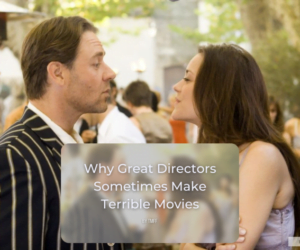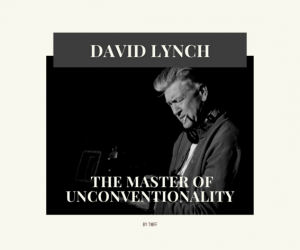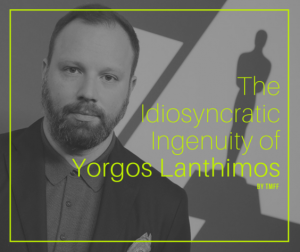Whether they were inspired by music, war or Eastern European sci-fi masterworks, Andrei Tarkovsky’s filmmaking prowess is unquestionable, and he certainly stands out as one of the finest screenwriters and directors during the ‘60s, ‘70s and ‘80s. Sadly, he died at the young age of 54, and his contribution to the world of cinema was thus cut short. I wanted to explore the famous Soviet filmmaker’s best films, which happen to be his last 7 projects – and to make things easier, I will list them chronologically.
Ivan’s Childhood (1962)
With this project early in his filmmaking career, Tarkovsky explored the theme of war, and its various outcomes – in that it is not only measured through destruction and lives lost, but also through psychological scars of those that survive. In here, he explores the life of a 12-year-old boy during WWII, who is forced to act as a spy, therefore effectively robbing him of the joys of childhood.
Andrei Rublev (1966)
This film is often quoted in many Tarkovsky Top 3 classifications, and it certainly is worth the acclaim. It is set in 15th century Russia, and centres around painter Andrei Rublev, who decides to stay silent and refuses to paint after being faced with violence. The artistic sense of the painter combines with the one of the director, whose direction here oversaw a large number of very long shots, that sort of slows down its rhythm in order to match that of the central character.
Solaris (1972)
Solaris was certainly a landmark achievement in the history of sci-fi filmmaking, one that not only redefined the genre back in the 1970s, but also paved the way for many more decades of sci-fi projects. In a way, just like Polish writer Stanislav Lem’s book baring the same name did for the literary sci-fi genre. Based on the book, Tarkovsky’s film centres around a psychologist, sent to a space station orbiting planet Solaris, which seems to be the home of a single life form: a living, thinking ocean.
Mirror (1975)
As the title might suggest, this is a semi-autobiographical project, which delves into the exploration of human existence, consciousness and memory. Comprised of flashbacks and dreams, this is a meditative piece that looks into contexts as varied as war and family life. Explaining his film, Tarkovsky declared: “Cinema in general always creates a possibility of putting pieces together into a whole. A film consists of all of the separate shots like a mosaic — of separate fragments of different colour and texture. And it may be that each fragment on its own is — it would seem — of no significance. But within that whole it becomes an absolutely necessary element, it exists only within that whole”.
Stalker (1979)
Stalker is widely regarded as the crowning achievement of the Soviet filmmaker’s career. It is based on the remarkable short novel by Soviet sci-fi writers Boris and Arkady Strugatsky, Roadside Picnic, and in turn it inspired many other projects, including Dmitry Glukhovsky’s Metro books, the games based on them, as well as the popular S.T.A.L.K.E.R. game series. Taking place in a radioactive wasteland called The Zone, Stalker is a philosophical meditation, again touching upon themes such as the reason behind existence, the nature of humanity and our deepest desires.
Nostalgia (1983)
One of his less watched works, Nostalgia was likewise Tarkovsky’s first project filmed outside the USSR – in is mostly based in Italy, where the central character, Russian writer Andrei Gorkachov, journeys in order to study the life of an 18th century Russian composer who had lived there. The fact that Tarkovsky made the film without having an Italian translator cements his credo that filmmaking is a universal language in itself.
The Sacrifice (1986)
Finally, Sacrifice was Tarkovsky’s last completed project, releasing only a couple of months prior to his death, while the director was undergoing aggressive chemotherapy sessions which ultimately failed to save him in the battle with cancer. The theme of the film is perhaps rooted in late Cold War fears, as it deals with the prospect of World War III, and explores the subject in a familiar socio-philosophical angle.
















